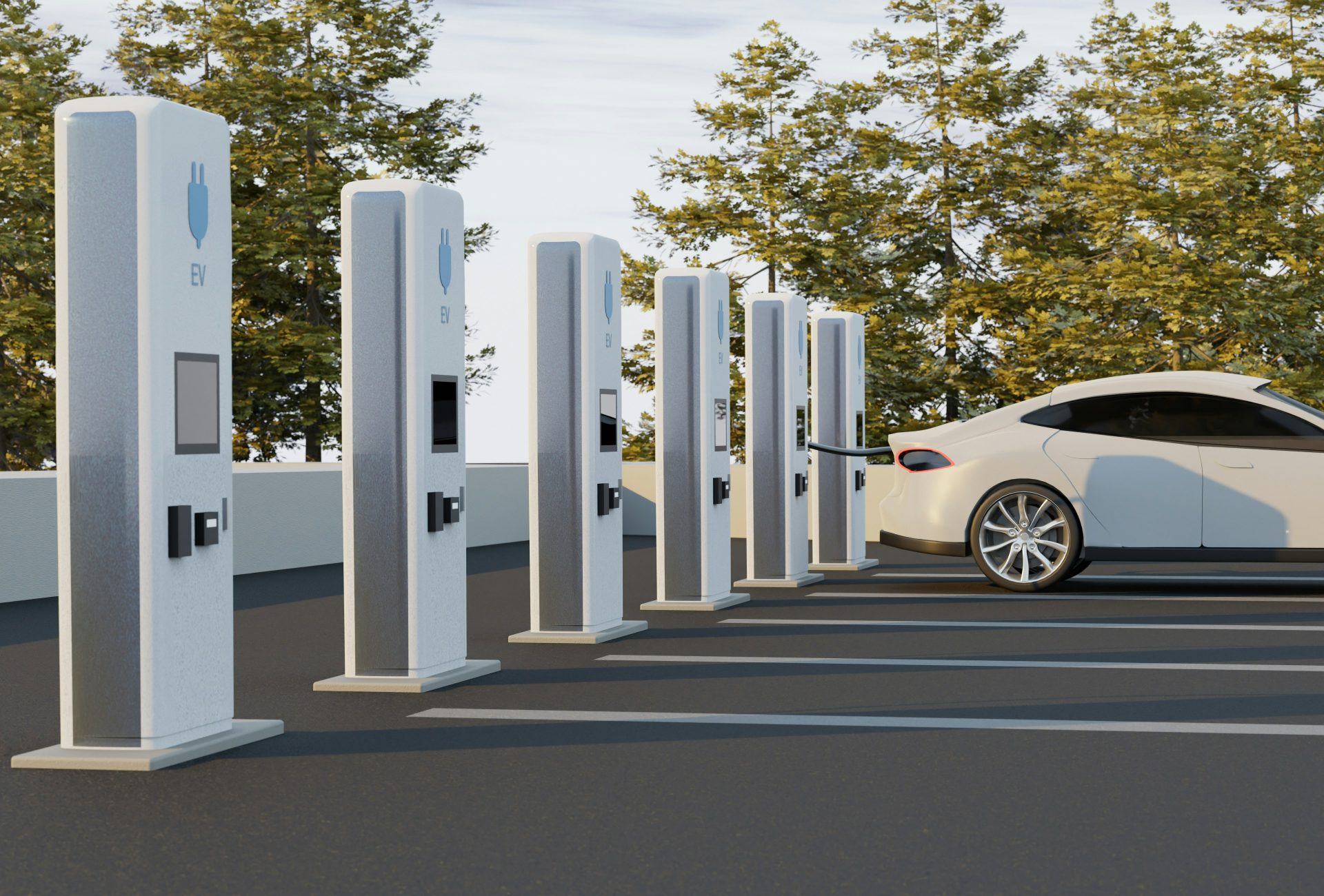
How EVs Improve Sustainability & Employee Retention
Switching to electric vehicles is no longer just a step towards reducing emissions, but also becoming an effective way to attract and retain talented employees. For businesses, this move offers environmental, financial, and workplace culture benefits that go far beyond the vehicles themselves. Keep reading to see how electric vehicles can support both your sustainability goals and your team’s satisfaction.
The Environmental Benefits That Matter to Staff
Employees are increasingly aware of the climate impact of their workplace. Offering electric vehicles as part of your company fleet or benefits package shows a genuine commitment to cutting carbon emissions.
EVs produce significantly lower carbon dioxide over their lifetime compared to petrol or diesel cars, especially as the national grid moves towards renewable energy. When employees see their workplace taking clear action, it can build loyalty and pride. Working for an organisation that matches values with action can make staff more motivated to stay long-term.
How Salary Sacrifice Schemes Boost Retention
One of the most effective ways to make EVs accessible to staff is through salary sacrifice. Providers like EZOO offer schemes where employees can drive a premium electric car for a reduced monthly cost, with payments taken directly from pre-tax salary.
This structure not only lowers Income Tax, National Insurance, and Benefit-in-Kind contributions but can save employees up to 60% on the total cost.
Supporting a Better Work-Life Balance
The quieter, smoother drive of electric vehicles can improve commuting experiences. EVs often qualify for benefits like reduced congestion charges in cities such as London, saving time and money. This adds to employees’ sense of convenience and improves their daily routine.
When companies provide vehicles through structured schemes, employees gain the reassurance of 24/7 breakdown cover and regular servicing. This removes the stress of managing car maintenance, allowing them to focus more on their work and personal life.
Meeting Corporate Sustainability Goals
For businesses, cutting fleet emissions is often part of larger ESG (Environmental, Social, and Governance) commitments. Introducing EVs helps demonstrate progress towards these goals while meeting upcoming government regulations on emissions.
By showing that sustainability is part of core operations rather than an afterthought, companies can strengthen their reputation among customers, investors, and potential hires. Employees value working for organisations that lead by example in environmental responsibility.
Building a Future-Focused Company Culture
EV adoption signals that your business is planning ahead. It shows employees that you’re investing in technology and infrastructure that will still be relevant years from now. This forward-thinking approach can encourage long-term commitment from staff who want to be part of a progressive and responsible organisation.
When employers make sustainable choices, they not only cut their carbon footprint but also inspire teams to think more consciously about their impact. Over time, this can create a workplace culture where environmental responsibility becomes second nature.
Conclusion
Electric vehicles help businesses meet environmental targets, reduce costs for staff, and improve the overall employee experience. By introducing EVs into your company benefits or fleet through schemes and subscriptions, you can connect your sustainability goals with meaningful employee incentives. The outcome is a stronger, more loyal workforce and a business ready for a cleaner, greener future.



 Bitcoin
Bitcoin  Ethereum
Ethereum  Tether
Tether  XRP
XRP  USDC
USDC  Solana
Solana  TRON
TRON  Lido Staked Ether
Lido Staked Ether  Cardano
Cardano  Avalanche
Avalanche  Toncoin
Toncoin